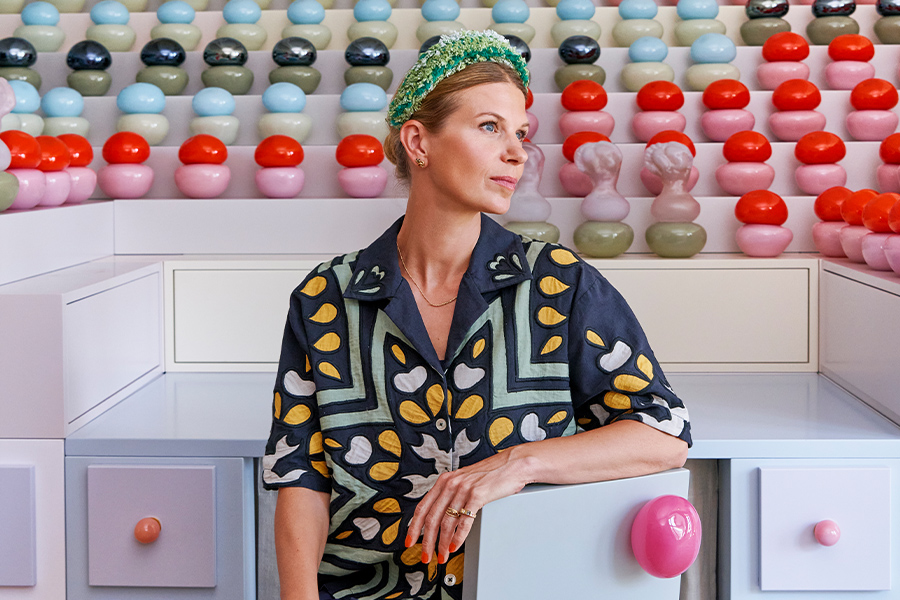Adrian Zecha is as synonymous with hospitality as Conrad Hilton and Bill Marriott. He’s deeply rooted in the industry, and his influence has touched some of the most coveted hotels around the globe. But the Indonesian-born Zecha doesn’t often discuss his prolific and game-changing career. He follows a different credo: He lets the work speak for itself. Zecha is, after all, the man who founded Aman, the luxury resort brand that has manifested its own elusive aura.
Zecha stumbled upon the idea for the small boutique brand rather serendipitously after he traveled to Phuket in search of a vacation home. Instead, on an abandoned coconut plantation on Pansea Beach, he hatched the idea for Aman. Along with Anil Thadani, the remote 40-room Amanpuri was born in 1988 (followed by properties in Indonesia, France, and the Philippines, among others), launching Zecha and Aman into icon status. For the past half-century, he has been subverting the ideas of hospitality through risk-taking, strategic dealmaking, and seeking out designers and architects with obvious “talent and also amiability and a generous spirit,” he says, including Jean-Michel Gathy and Kerry Hill, to name a few.
Since Zecha left Aman in 2014, he’s barely slowed down. “Nothing stays static and one has to evolve in response to lifestyle changes,” he points out. At 84, Zecha launched the 3-Star-plus brand Azerai, which recently opened its first hotel in the Laotian capital of Luang Prabang, with plans to develop two more this year in Asia. “I believe that the segment of the market intended for Azerai is certainly omnipresent,” he says of reaching today’s urban traveler. Inspired by Zecha’s initials combined with the word caravanserai (Persian for a roadside inn where travelers can rest), the 53-room Azerai Luang Prabang is understated but awe-inspiring, with wood details, a soft palette, and wraparound balconies thanks to local architect Pascal Trahan. “The most satisfying design aspect for me is the clever interplay of spaces and levels of the entire hotel, which created the sense of space in what essentially is very little space occupied,” he explains.
Perhaps to Zecha’s credit, his persona can best be understood through the DNA of his hotels. Reclusive hideaway Amanpuri has it with Ed Tuttle’s restrained and refined design that recalled Thai temples and eschewed conventional hotel amenities like lobbies and reception desks. Azerai Luang Prabang moves that needle even further. A new kind of affordable luxury, the property has all the Zecha staples: An intimate design with local artwork including handstitched batik textiles; a historical setting in a 100-year-old former colonial officer’s quarters built around a courtyard and pool surrounded by mountains and nearly 30 Buddhist temples (monks are often spotted out and about); and “a generous spirit of service.”
Nearly five decades since he left his successful journalism career and cofounded Regent Hotels with Georg Rafael and Bob Burns in 1972, his perseverance and passion have remained constant. There still is an “excitement of finding untouched places to develop for others to enjoy,” he says. When it comes to hospitality, what keeps him coming back is simply “that I love it.”


